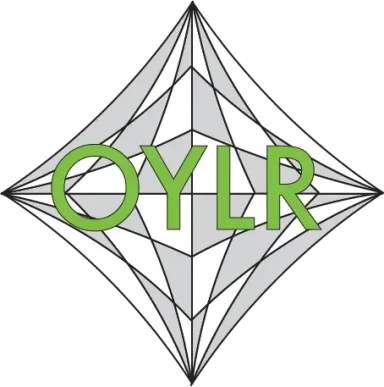
Why Oylr ?
Leonhard Euler - pronounced "Oyler" [ˈleːɔnhart ˈɔʏlər];
15 April 1707 – 18 September 1783
was a Swiss mathematician, physicist, and engineer (amongst others) who founded the studies of graph theory and topology and made pioneering and influential discoveries in many other branches of mathematics such as analytic number theory, complex analysis, and infinitesimal calculus.
He introduced much of modern mathematical terminology and notation, including the notion of a mathematical function.
He is also known for his work in mechanics, fluid dynamics, optics, astronomy, and music theory.

Who We Are
The founding idea came through a dinner table conversation...
In solving a Further Mathematics question on a bullet's trajectory, we noted that we both solved the problem in very different ways - the purist vs the practitioner. It was immediately clear and exciting that both ways have value and offer complementary points of view on a problem and drive to an efficient solution.
Inspired by our namesakes genius, we want to share that insight with your business, and partner with you to bring rich, holistic solutions to your specific problems.
While our approaches to problem solving may be different, we share the unshakeable focus on getting you a sustainable result
Our Senior Leaders
Jacek Brodzki

The Mathematician
MSc DPhil
Mathematician and Physicist
Professor of Mathematics with over 20 years first-hand experience in implementing cutting-edge data science solutions in competitive commercial environment
Passionate about finding efficient, implementable solutions to complex data-based problems
Alex Radford

The Engineer
BSc(Hons), CEng, FIChemE
Chemical Engineer
33 years in high hazard Industry management with focus on processing Operations, Supply Chain, & Reliability
Fascinated by organisational behaviour and its impact on driving performance in teams
Focused on helping to define standards and deliver sustainable results
How do we turn your data into pragmatic solutions ?

Define - work with you to ensure we are all working on the same problem and provide options
Solve - provide optimised solution from options
Implement - help your teams deliver the change
We need your consent to load the translations
We use a third-party service to translate the website content that may collect data about your activity. Please review the details and accept the service to view the translations.
